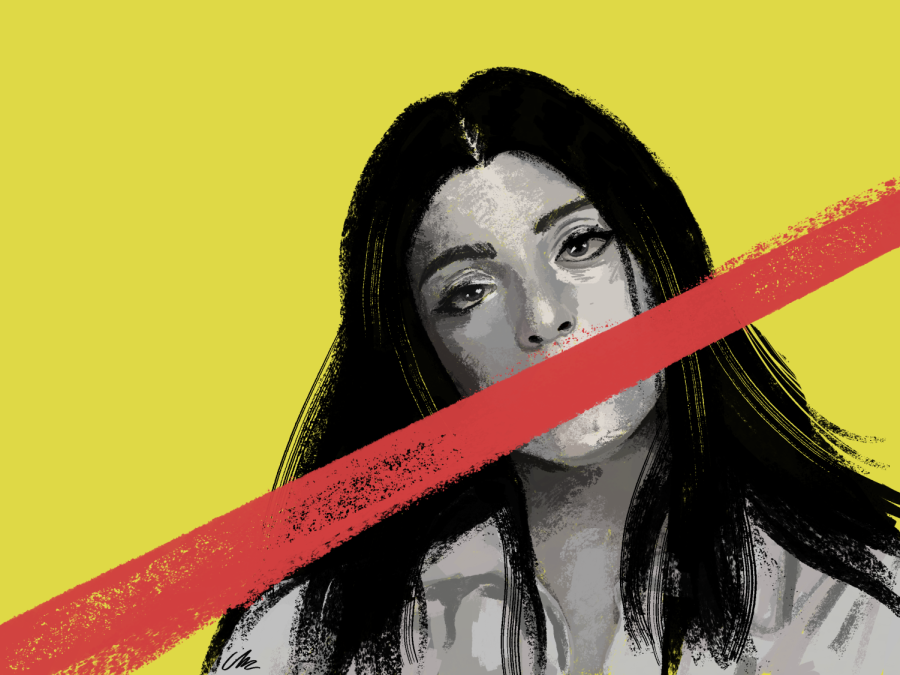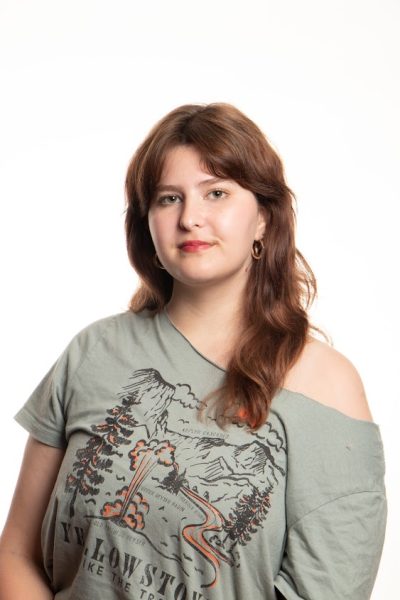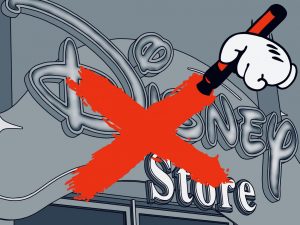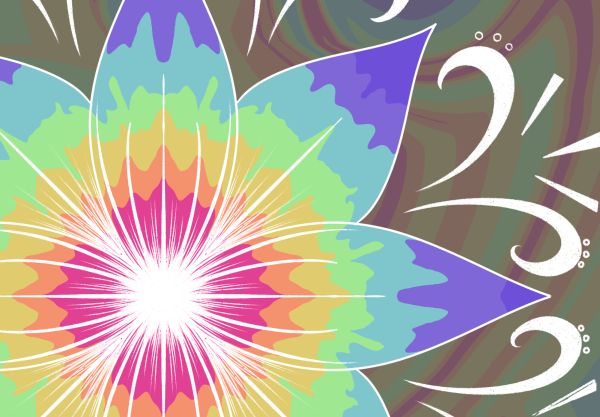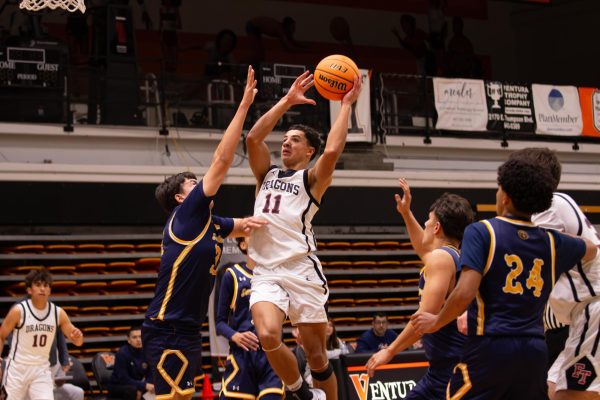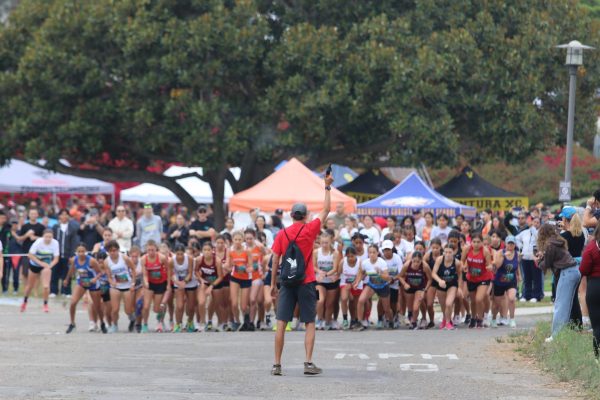Satire: Influencers should stay out of the music industry
Social media is rapidly expanding and many influencers are wondering if they maybe have a calling beyond just their phone screen. As such, it’s not unusual to see someone internet famous topping the music charts.
December 3, 2022
Influencers breaking into the music industry is not a new phenomenon, but the negative impact they’re leaving on the industry is. With a growing generation of talented musicians, the blatant takeover of mediocre singers and songwriters is messing with the music charts. Popularity on social media has led many influencers to find an easy path to connections and supporters when their music is released. An already favored positive reaction from listeners notably shrinks the talent needed to succeed in the industry. With a growing number of influencers starting to make music, significant opportunities are being overtaken by content creators instead of musical artists who deserve their spot as successful musicians.
TikTok is frequently where content creators start when it comes to internet personas transformed into striving musicians. In 2021, a popular TikToker named Dixie D’amelio released her first single, “Be Happy.” Although her name was trademarked on the song, D’amelio played no part in creating or writing the track. With decent vocals and an already popular sound, the song was successful, earning about 86 million streams on Spotify. For a song played on the radio, there is virtually nothing special about it. The only thing attracting listeners was the young fans eager to hear their social media idol sing.
Later in the year, D’amelio was featured in a Christmas song by the already famous artist Liam Payne. Liam Payne has been in the industry for a while, well known for his part in the boyband One Direction. How does someone with only one average song get a duet with a well-known singer who has toured in stadiums? The answer is simple: using a previously built fanbase and those in the business who want to use a profitable name.
D’amelio isn’t the only influencer who used her social media presence to make successful music. Chase Hudson, known as Lil Huddy, went from lip-syncing songs on TikTok to actually singing them. He released a song in 2021 entitled “21st Century Vampire.” The song was accompanied by a music video, achieving over 11 million views. 2021 was not only a big year for Hudson and D’amelio, but Addison Rae, Bella Poarch and Nessa Barrett, all TikTokers who didn’t gain a following for their voices, who all released successful debut songs as well.
Charli D’amelio, Dixie’s sister and one of the most well-known TikTok stars, released a song in 2022, a year after her sister did. It’s safe to say that almost every personality on TikTok has used their fans to try and begin a musical career. Young audiences are practically forced to stream their favorite influencer’s music, being taken advantage of in more ways than one. Even though the songs being produced aren’t terrible, what would their success rate be like if they weren’t banking on their supporters to carry them into the charts? When you strip back the money, fans and media personas, all that’s left are average voices on a long list of other aspiring musicians.
In an age of a growing generation, it is pivotal that the music industry stays isolated from a glamoured version made solely for content creators. When listeners pick the music they want to listen to, it is important to know if this generation should be known for its self-made musicians or mimicking counterparts.

